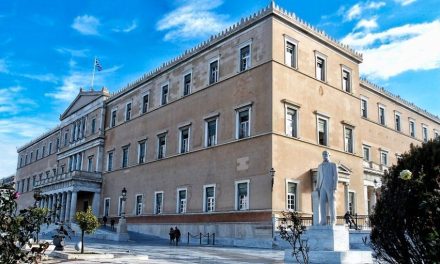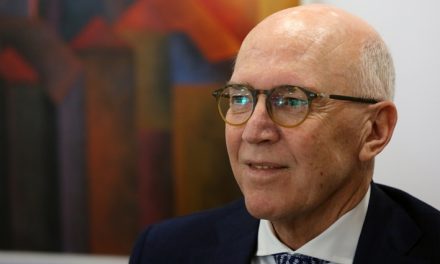More than one in three residents of Greece experienced conditions of poverty and/or social exclusion in 2015, according to Eurostat figures released on Monday 17 Oct. The European Union average was roughly one in four, the same report said.
In Greece, the percentage of those at risk of poverty or social exclusion had risen from 29.1% in 2008 to 35.7% in 2015, or 3.8 million people. This percentage includes those living below the national poverty line (income less than 60% of the national average), those that are severely materially deprived and cannot afford essentials and those living in households with very low work intensity, where no one has a steady job: 21.4% are living below the poverty line, 22.2 % are severely materially deprived, and 16.8 %live in households of low work intensity. The same percentages in the EU on average are 17.3%, 8.1 %, and 10.5% respectively. Overall in the EU, those at risk of poverty or social exclusion in 2015 returned to the same levels as in 2008, or 23.7% (118.8 million people).
 PM Tsipras to focus on second program review, debt relief, at EU summit talks
PM Tsipras to focus on second program review, debt relief, at EU summit talks
Prime Minister Alexis Tsipras will focus on the completion of the second program review and on debt relief for Greece during his meetings with his counterparts at the European Council meeting in Brussels. The EU leaders will meet on 20 and 21 October to discuss three major issues: migration, trade and Russia, including its role in Syria. Tsipras will meet on the sidelines of the summit with French President Francois Hollande, German Chancellor Angela Merkel, European Commission President Jean-Claude Juncker and the President of the European Parliament Martin Schulz.
The government has said that its intention is for the second review to have been completed by the end of November, so that decisions on the debt issue can be taken at the December 5 Eurogroup, and Greece can begin participating in the European Central Bank’s QE. The negotiations agenda includes labour relations reforms, fiscal performance (new state budget, 2016-2020 mid-term framework and primary surpluses), privatisations (regional airports, ports etc), the improvement of business climate (deregulation the civil engineer profession), the composition of systemic banks’ boards, the discussion on the draft law for outside court compromises for non-performing business loans, the draft law on political parties’ financing and other relevant issues.
Papadimoulis on the quest for building on a new growth model for Europe
Greek MEP and vice president of European Parliament Dimitris Papadimoulis underlined in Euroobserver (Europe ready to tackle Greek debt relief, 19 Oct) that “in the broader context, the ECB has been called to deal with the eurozone’s catastrophic austerity politics that have almost frozen growth rates below 2% since 2010, weakened macroeconomic indicators, and created a suffocating, unfriendly environment for investments, especially in the European South.
Quantitative easing, which boosts eurozone’s economies with €80 billion every month, is still absolutely necessary in the absence of signs of a steady recovery. All these facts lead us to three major conclusions:
The first is that we have reached a point where even strong supporters of austerity seem incapable of convincing the public with their arguments.
The second is that the Greek government has built and broadened alliances within European institutions and member states that acknowledge not only the need to restructure Greece’s debt, but also to deliver another economic model for the eurozone that will be beneficial for all member-states rather than a small group.
The third and last point is that both the European institutions and the United States are moving in the same direction with regards to the Greek bailout programme – towards debt relief and, more broadly, the quest for building on a new growth model for Europe.”
Central banker urge debt relief for Greece
Greece needs debt relief because it will not regain access to markets in 2018 if its public debt is not considered sustainable, Bank of Greece governor Yannis Stournaras said addressing the annual conference of the Greek Tourism Confederation (17 Oct). Greece should achieve growth rates of 2.7 % of GDP in 2017, provided the second review of the Greek programme is concluded swiftly.













